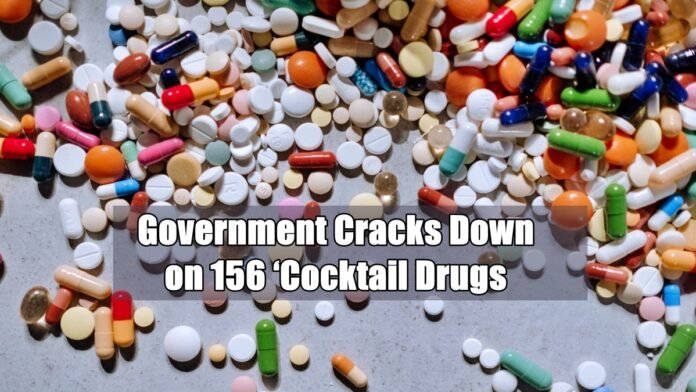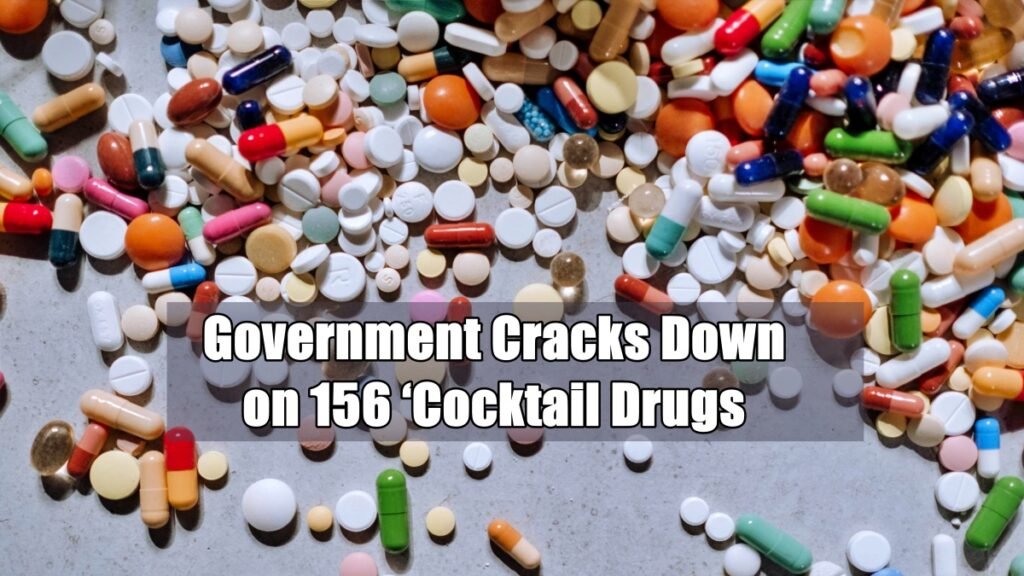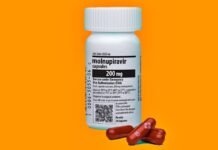
New Delhi: In a significant move aimed at safeguarding public health, the central government has announced a sweeping ban on 156 fixed-dose combination (FDC) drugs, commonly referred to as “cocktail medicines.” These drugs, which combine more than one active ingredient into a single pill, are staples in many households, often used for hair growth, skin care, pain relief, and as multivitamins, antiparasitics, and antiallergics.
The list of banned products impacts several leading pharmaceutical companies, including industry giants like Cipla, Torrent, Sun Pharma, IPCA Labs, and Lupin, all of whom have seen some of their popular products targeted by the prohibition. The financial repercussions for these companies are still under assessment, with the industry yet to issue a formal response.
The government’s decision, detailed in a gazette notification, comes after a thorough evaluation by an expert committee appointed by the Centre. The committee concluded that the use of these FDCs poses a significant risk to human health, and that safer alternatives are readily available. The apex panel, the Drugs Technical Advisory Board (DTAB), supported this assessment, stating that the banned combinations offer no therapeutic justification, thereby failing to meet safety and efficacy standards.
The notification emphasized the necessity of the ban “in the larger public interest,” invoking Section 26A of the Drugs and Cosmetics Act of 1940. This section empowers the government to prohibit the manufacture, sale, or distribution of drugs that do not meet safety criteria. The ban covers a wide range of drug combinations, many of which were once popular but have since been deemed “irrational” by experts.
Among the banned drugs are common pain relievers, including the well-known combination of Aceclofenac 50mg Paracetamol 125mg, and Paracetamol with Pentazocine. Other affected drugs include Levocetirizine-based antihistamines combined with Phenylephrine, used for treating allergic rhinitis, and magnesium chloride, typically prescribed for nutritional deficiencies. The ban also targets more complex combinations like paracetamol, tramadol (an opioid-based painkiller), taurine, and caffeine.

Despite the government’s rationale, the ban has sparked controversy within the pharmaceutical industry. Many in the sector argue that the process lacked transparency, and some drug combinations on the list were licensed before 1988, raising questions about the criteria used for the ban. Industry insiders suggest that the move could lead to a wave of litigation, as companies may challenge the ban in court.
Public health experts have long advocated for stricter regulation of FDCs, citing concerns about their widespread use in India. These experts have repeatedly urged the Health Ministry and the Central Drugs Standard Control Organisation (CDSCO) to address the potential risks associated with these so-called “cocktail drugs.” The current ban represents one of the most extensive efforts to date to regulate the market and ensure that only safe, effective medications remain available to the public.
As the pharmaceutical industry grapples with the implications of this landmark decision, the broader impact on consumers and healthcare providers remains to be seen.










































